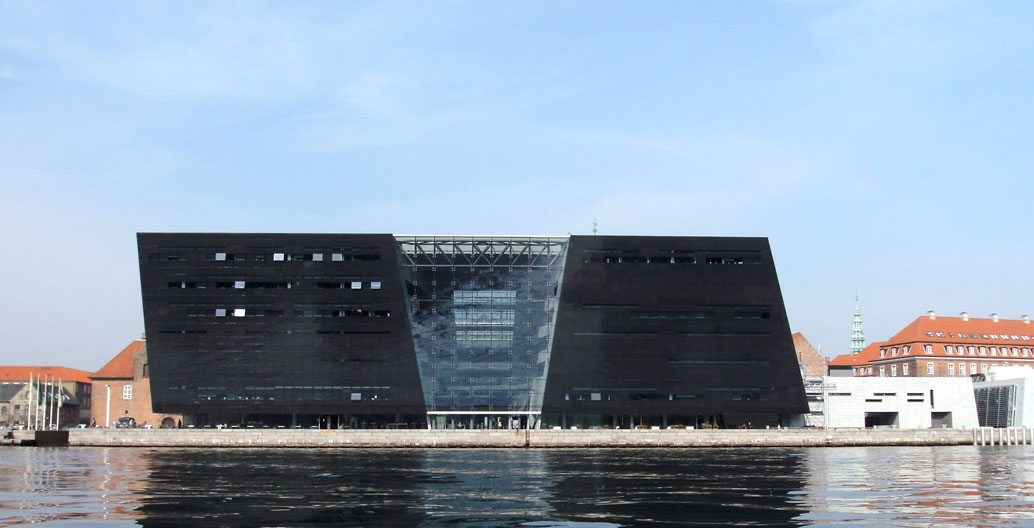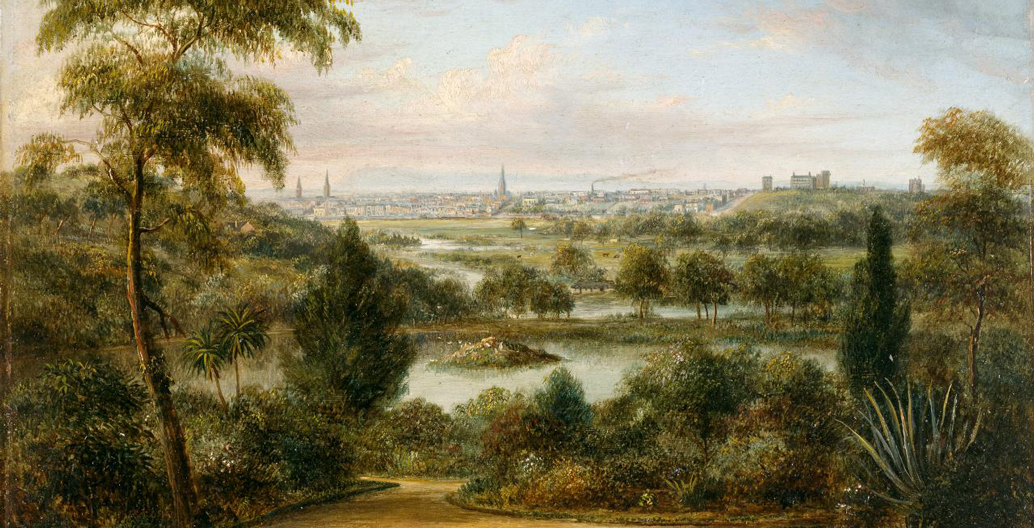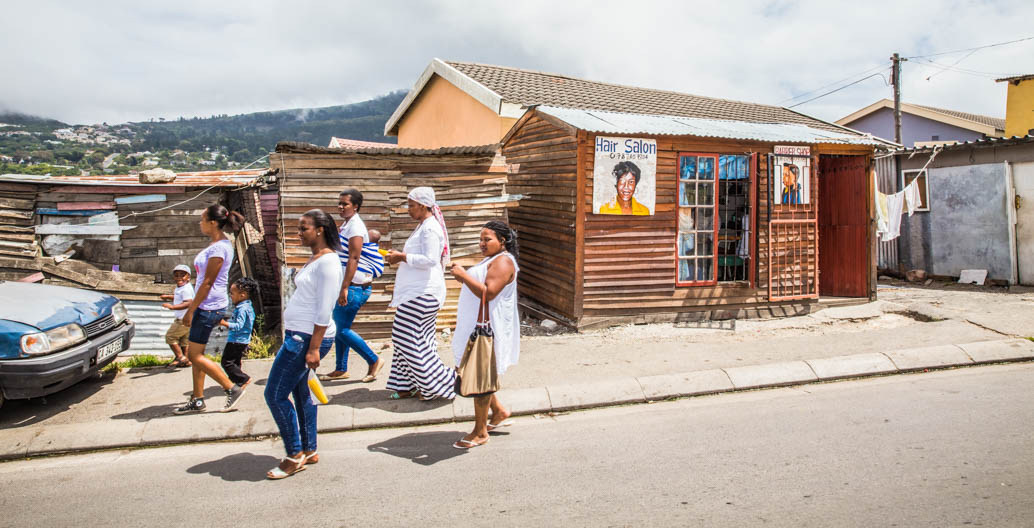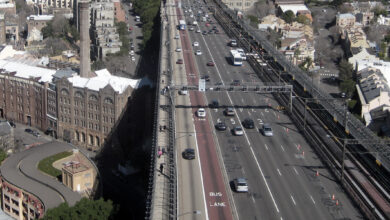
The Foreground Five: February’s most-read stories
February told us that car-park planning could be sexy, as could municipal policies for urban paving. Here are your most-read stories from February.
1. Car parking is choking our cities, and we’re paying for the privilege

“Australian planners have largely ignored the untapped potential of car park policy to be one of planning’s fundamental control mechanisms.”
Traditional car parking creates unequal, inefficient and unsustainable cities. It’s time for a new vision, write two University of Melbourne urban planning experts.
2. The water is coming for Copenhagen; good design could be its best defence

“How can we create added value from a problem? How can we not only solve the problem of water management, but actually seize the opportunity to upgrade the neighbourhood?”
The City of Copenhagen’s Head of Resilient and Sustainable City Solutions, Lykke Leonardsen, speaks to Foreground about the city’s opportunities as part of its Climate Adaptation Plan, using a variety of methods to future-proof the city from intensified storm surges due to sea-level rise.
3. Reimagining Australia’s “temperate Kakadu”
 “Perhaps it’s design’s role to be provocative and in some way provide a vision that other decisions can fit within… What really is the opportunity here, what could we do, what must we do? What is the legacy we’re going to leave?”
“Perhaps it’s design’s role to be provocative and in some way provide a vision that other decisions can fit within… What really is the opportunity here, what could we do, what must we do? What is the legacy we’re going to leave?”
Unlike Sydney, for most of its history Melbourne’s been a city that’s turned its back on the water. Prior to colonisation, the land around the CBD was home to Billabongs, creeks and swamps. It’s this history that’s coming straight back into focus as inner-city redevelopments return to the wetlands.
4. Cape Town is almost out of water. Could Australian cities suffer the same fate?

“Cape Town has a very dry climate with annual rainfall of 515mm. Since 2015, it has been in a drought estimated to be a one-in-300-year event.”
The world is watching the unfolding Cape Town water crisis with horror. On “Day Zero”, now predicted to be just five weeks away, engineers will turn off the water supply. The South African region’s four million residents will have to queue at one of 200 water collection points.
5. Rob Adams on the forces reshaping Melbourne for better… and for worse

“An unfortunate consequence was the demise of the role of the state government architects and Public Works Department, which had until this time been a source of internal intellect that most governments no longer possess.”
In this frank conversation, the City of Melbourne’s Director of City Design Rob Adams reflects with Kim Dovey on the legacy of the politicians and planners who have built modern Melbourne, ‘the world’s most liveable city’.


